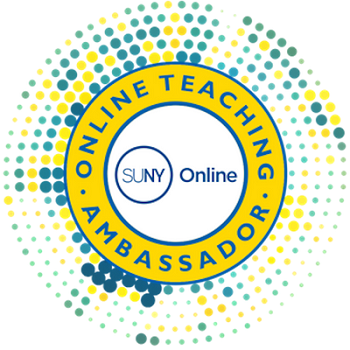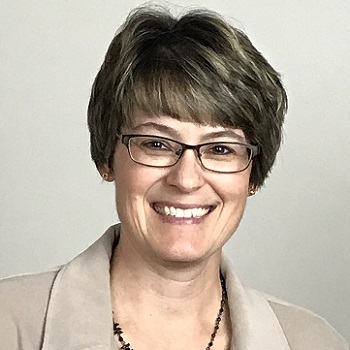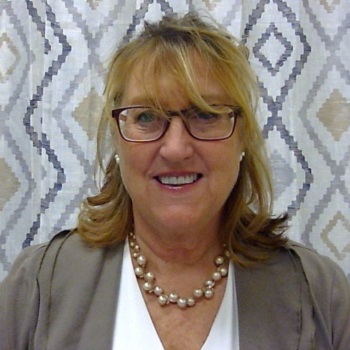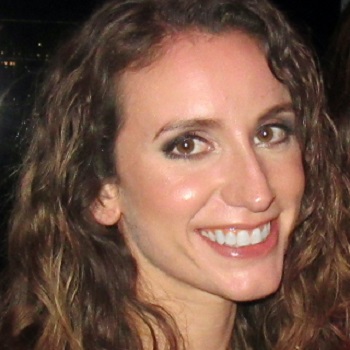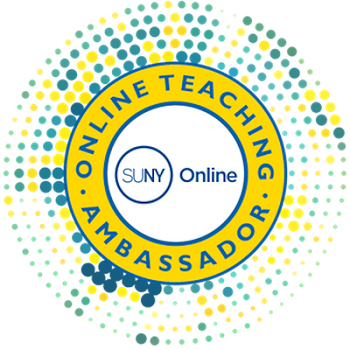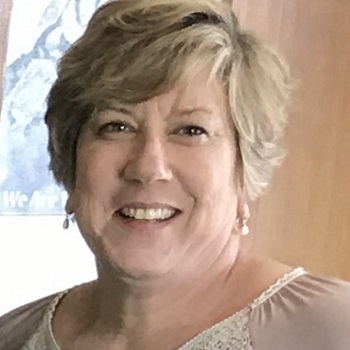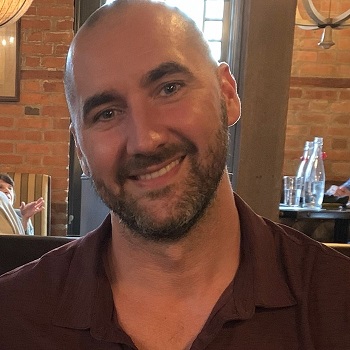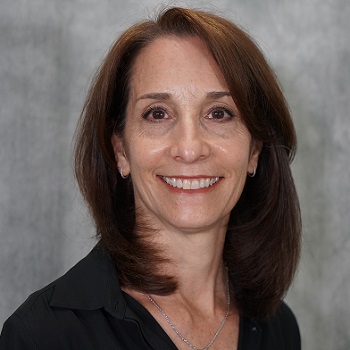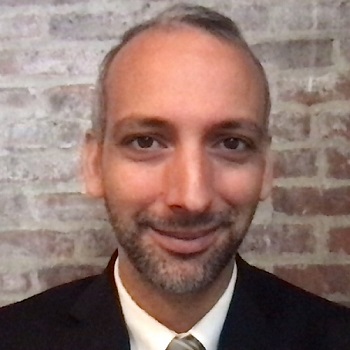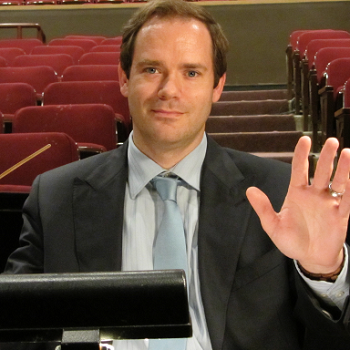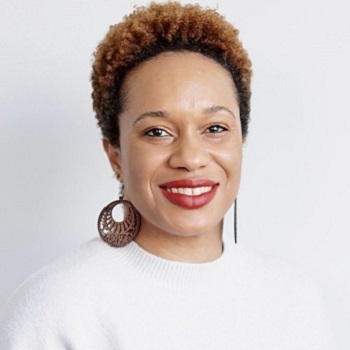SUNY Online Teaching Ambassador 2023: Buffalo – Mickey Sperlich
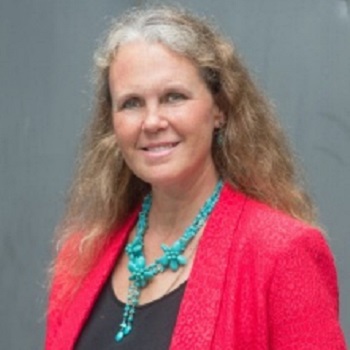
University at Buffalo
Mickey Sperlich, PhD, MSW, MA, CPM, is an Assistant Professor at the University at Buffalo in the School of Social Work. Mickey’s research focuses on the effects of trauma and mental health challenges on people’s childbearing and postpartum experiences and outcomes. Sperlich has taken part in several trauma-focused perinatal studies and is co-author of a psychosocial intervention for pregnant survivors of abuse, the “Survivor Moms’ Companion.” Sperlich is committed to developing and evaluating trans-disciplinary interventions and trauma-informed approaches to understanding and addressing the sequelae of sexual violence and other trauma, including a recent focus on gun violence and how to better involve social workers in intervening to prevent such violence.
I truly value online teaching, especially the ability it affords us to include students who live remote from campus or who have accessibility or other needs that might be better met virtually. I teach online in a variety of ways, including fully online, online with synchronous sessions, and hybrid. To foster effective online teaching, I think it is important to create clear and reasonable goals, work to build meaningful relationships between students, and to build trust, mutual respect, and genuineness as part of the two-way accountability within the teacher-student relationship. I have learned so much from my students about what works and what doesn’t and have truly valued their feedback. I’ve changed directions as a result on multiple occasions!
An exciting development for me is the use of innovative technologies including virtual reality. My clinical doctoral students use head-mounted display units for engaging with virtual reality platforms to explore self-care applications like mindfulness experiences and movement activities, and share their experiences and impressions of these spaces with their classmates using a video discussion board. They have also explored a Virtual Reality Learning Environment that our small team of faculty and staff created that allows students to explore a mental health clinic space and assess the degree to which the physical characteristics of the space are employing trauma-informed principles. It is exciting to engage with students in virtual reality to build knowledge in this emerging pedagogical space.

